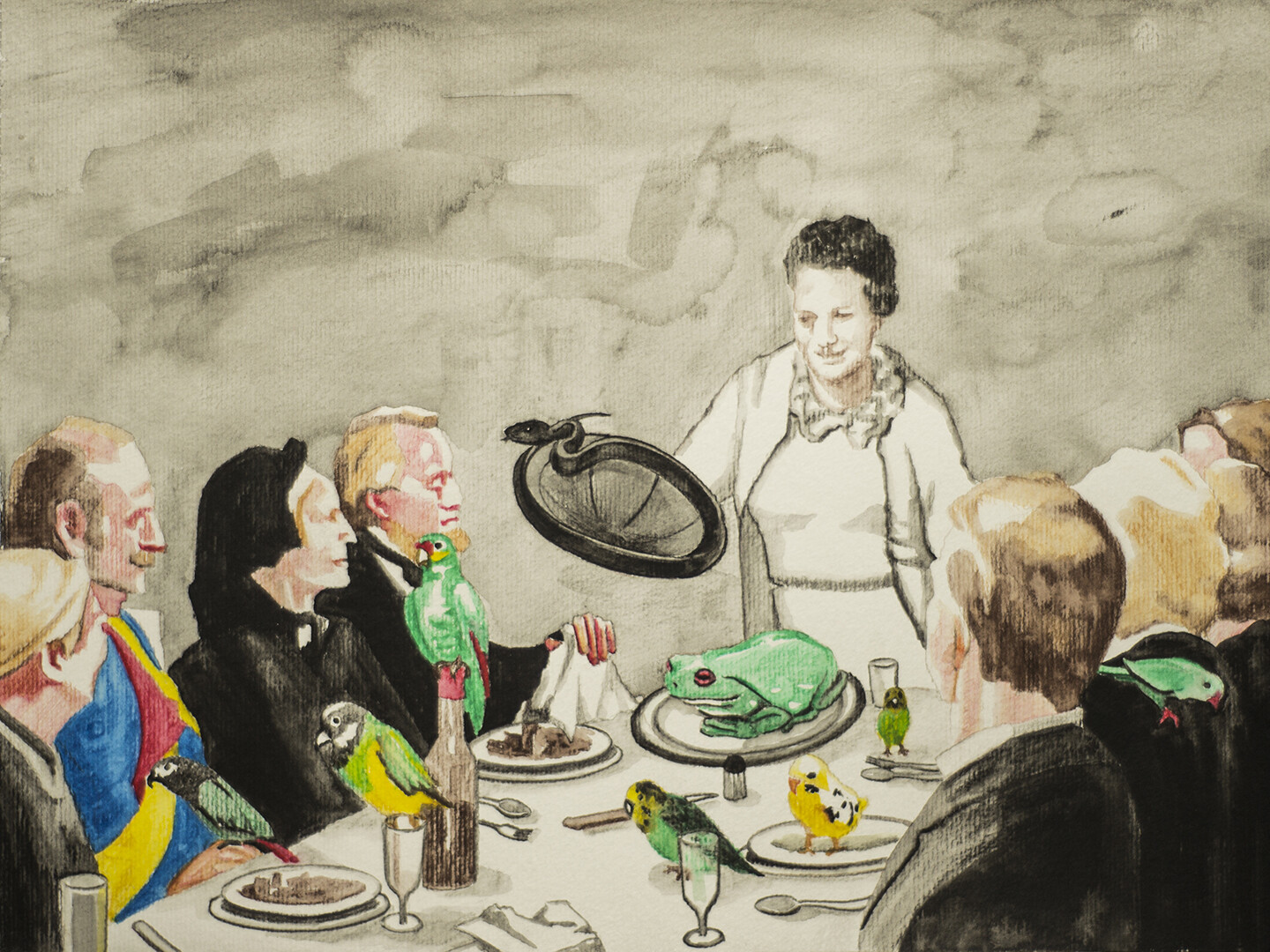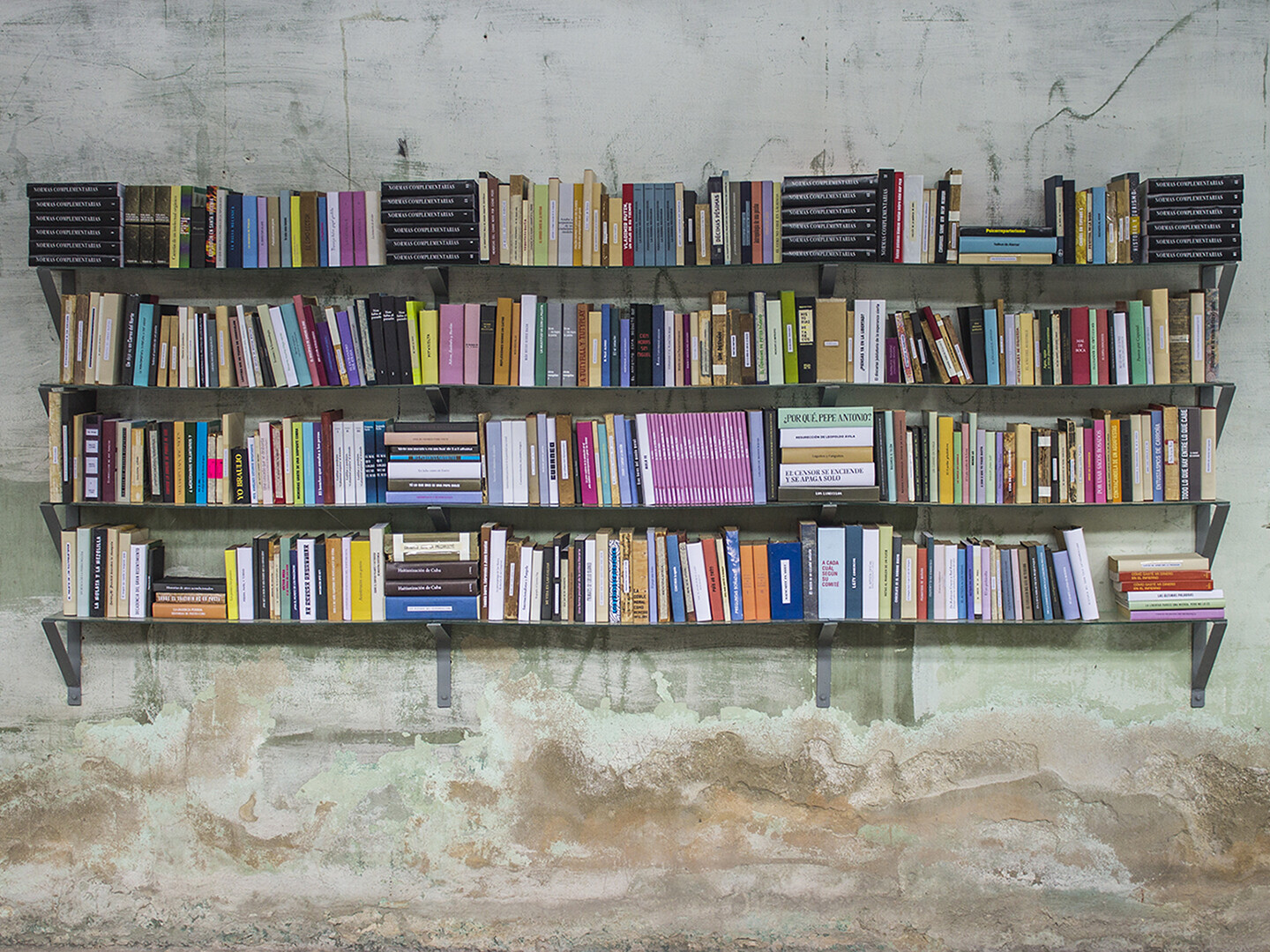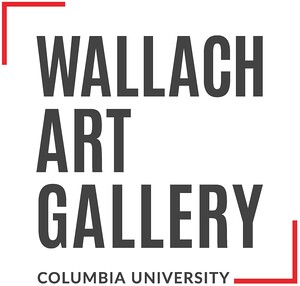October 21, 2022–January 15, 2023
Lenfest Center for the Arts, 6th Floor
615 W 129th St
New York, NY 10027
USA
Hours: Wednesday–Saturday 12–6pm
T +1 212 854 6800
wallach@columbia.edu
Sin Autorización: Contemporary Cuban Art contextualizes Cuban contemporary art production within the political and intellectual environment that emerged during President Obama’s second term and its many changes in the years following. It is set against the last few decades, which saw the dynamic rise of the political and cultural agency of Cuban artists, the emergence of unofficial “underground” exhibition spaces and practices, and surges of tourism and foreign interest in Cuban art. Sin Autorización (Without Authorization) features artists connected to each other through a network of personal ties and connections. Their works span a variety of forms and concepts, employ archival sources, performance, documentation and action, and expose nuances of daily life in Cuba not reflected in official discourse. Together they relay how a young generation of Cuban artists experiment with culture and create work that engages not only their current experience, but that of previous generations.
As President Obama’s second term was ending, his administration relaxed restrictions on travel to Cuba, colloquially known as obamismo. The resulting impact of capital inflow was quickly evident in the art scene and Cuban civil society. This change created a period filled with increasing hope and possibilities. However, this sense of promise and the taste of freedom was abruptly halted in April 2018, with the Cuban President Miguel Díaz-Canel’s signing of El Decreto #349 (Decree 349), a rigid censorship law requiring artists to obtain advance permission for exhibitions and performances. This repressive law triggered protests against the government’s increasing censorship of artistic expression by members of Movimiento San Isidro, an artist-led collective with many self-taught Afro-Cuban members, led to further dissent and arrests. This was coupled with the Trump administration’s stricter regulations on travel to Cuba that severely impeded the growing free artistic practice that Cuban artists had recently enjoyed.
In a joint statement, the curators, Gwen A. Unger, Doctoral Candidate, Dept. of Art History & Archaeology, Columbia University, and Abel González Fernández, MA Candidate, Center for Curatorial Studies, Bard College and Independent Curator write: “The strength of these artists, their passion, their labor, and their unwavering dedication to the unscrupulous, the unorthodox, the unusual is what drives this exhibition. Like them, we exploit the ‘memory gaps’ in official discourse from the state, instead filling this void with humor and desire.”
The exhibition gathers a group of artists who have united to fight against the Cuban government collectively through movements such as 27N or Movimiento San Isidro, but who have had little visibility individually, and whose artistic work precedes activism. It covers a wide spectrum of media—video, sound, photography, graphic design, and painting—in order to create a chorus that recreates the dynamic of an art community now displaced and scattered. It is conceived as an artifact to create solidarity through the feeling of loss by bringing together grief, melancholy, but also joy, enthusiasm, play, hope, and thoughtful objects.
Sin Autorización artists include Luis Manuel Otero Alcántara, Yanelys Nuñez Leyva, Tania Bruguera, and Movimiento San Isidro whose work reflects the potency of artistic exchange in Cuba even as institutions continue to fail artists; members of the youngest generation of Cuban artists—Julio Llópiz-Casal, Hamlet Lavastida, Leandro Feal, and Kiko Faxas—whose work counters the rigid orthodoxy of the revolution and fills the voids of silence, and Marco A. Castillo, Reynier Leyva Novo, Camila Lobón, Lester Álvarez Meno, Celia González, Celia-Yunior, Kevin Ávila, Román Gutiérrez Aragoneses, and Santiago Díaz M.
The exhibition is accompanied by a bilingual publication designed by Lucinda Hitchock and Cara Buzzel with contributions from the curators, Katherine Bisquet, Carlos Manuel Álvarez, Gean Moreno, and Yanelys Nuñez Leyva.
Artist panel discussion & Sin349 documentaries screening: Sunday, October 23, 1–3:30pm. What was it like to work in Havana and navigate the changes there?
Panelists: Leandro Feal, Celia Gonzalez, Camila Lobón, Lester Álvarez Meno and Reynier Leyva Novo. Moderators: Gwen A. Unger and Abel Gonzaléz Fernández.





